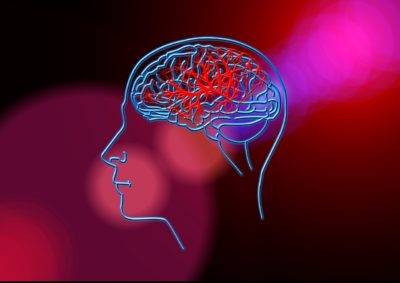 Stroke is considered to be a serious health burden both to the individual and society. Evaluating health related quality of life and satisfaction of stroke patients may give important answers to questions regarding prevention, acute care and post-stroke care. The results can be used to further develop the health care system.
Stroke is considered to be a serious health burden both to the individual and society. Evaluating health related quality of life and satisfaction of stroke patients may give important answers to questions regarding prevention, acute care and post-stroke care. The results can be used to further develop the health care system.
“The European Health Care Outcomes, Performance and Efficiency (EuroHOPE) project compared health system performance in 6 European countries (Italy, Finland, Sweden, Scotland, the Netherlands and Hungary). We recruited and evaluated 200 consecutive patients admitted for first-ever ischemic stroke at the Department of Neurology of Semmelweis University”, said Dr. Ildikó Vastagh, assistant professor of the Department of Neurology.
The aim of the study was to assess stroke-related, demographic and socioeconomic factors as well. Follow-up was performed three months after the onset of stroke by personal visit or by phone interview to assess post-stroke socioeconomic factors, hospitalization, health related quality of life and patient satisfaction with care. At 3 months after stroke the odds of death was significantly increased by stroke severity and age.
We found several independent predictors of health related quality of life (HRQoL): age, disability at discharge, patient satisfaction with hospital care, length of hospital stay, social dwelling type after stroke and rehospitalization. At three months after a stroke HRQoL was lower in those receiving family help and in case of patients dwelling with a professional carer. We found evidence that the application of specific acute stroke treatment, thrombolysis had a significant positive impact on overall patient satisfaction.
Health related quality of life and satisfaction with care of stroke patients in Budapest: A substudy of the EuroHOPE project
Szőcs I, Dobi B, Lám J, Orbán-Kis K, Häkkinen U, Belicza É, et al. (2020)
PLoS ONE 15(10): e0241059.
https://doi.org/10.1371/journal.pone.0241059


